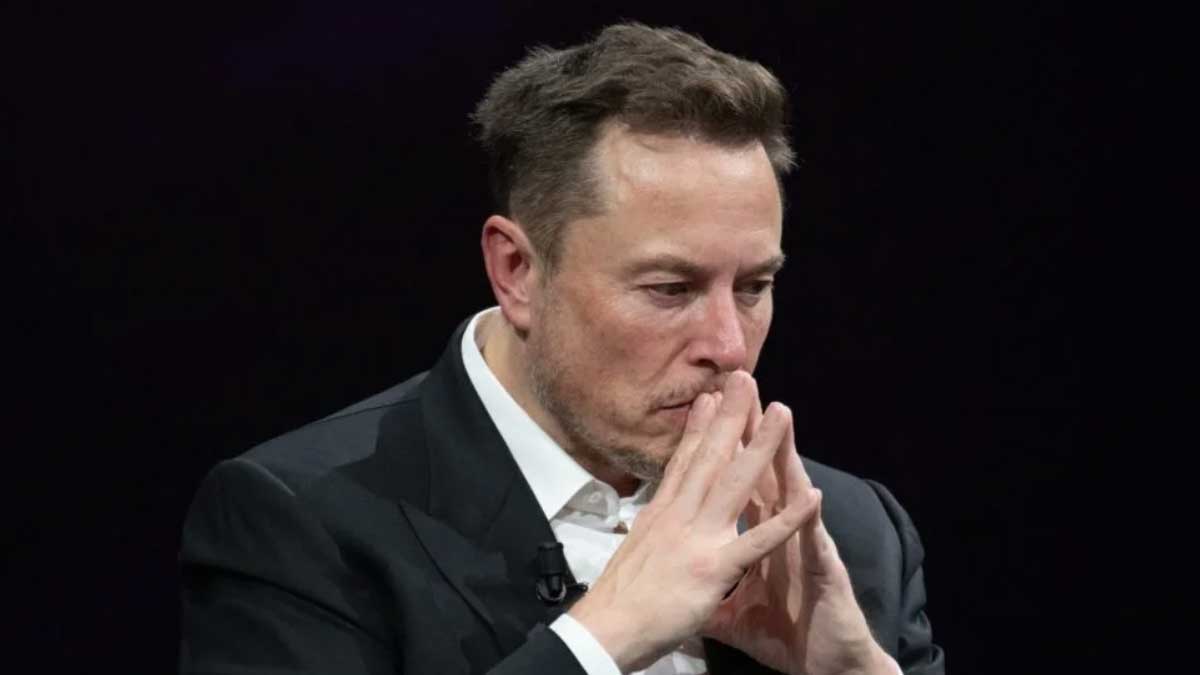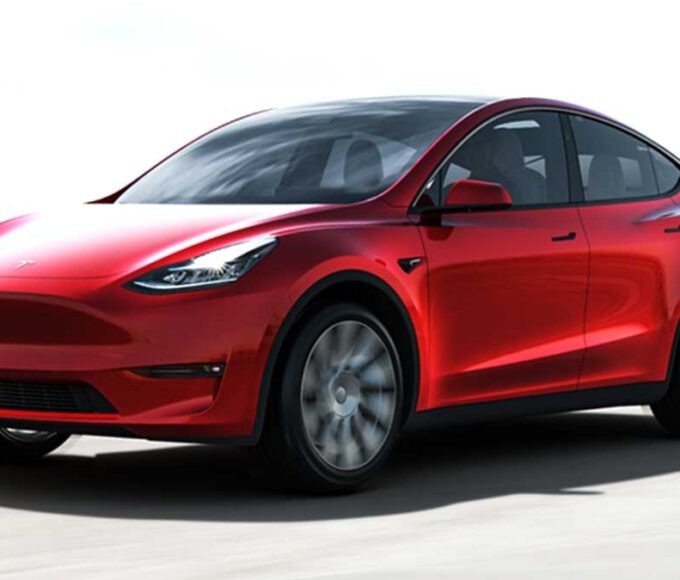- Home
- Billionaires
- Investing Newsletters
- 193CC 1000
- Article Layout 2
- Article Layout 3
- Article Layout 4
- Article Layout 5
- Article Layout 6
- Article Layout 7
- Article Layout 8
- Article Layout 9
- Article Layout 10
- Article Layout 11
- Article Layout 12
- Article Layout 13
- Article Layout 14
- Article Sidebar
- Post Format
- pages
- Archive Layouts
- Post Gallery
- Post Video Background
- Post Review
- Sponsored Post
- Leadership
- Business
- Money
- Small Business
- Innovation
- Shop
Recent Posts
Musk’s Starlink Funds Frozen Amid X Shutdown Threat

Elon Musk has ramped up his public criticism of Brazilian Supreme Court judge Alexandre de Moraes, intensifying a conflict that has significant implications for Musk’s business interests in Brazil. The clash reached a new level on Friday when the court froze the bank accounts of Musk’s satellite internet company, Starlink. This move is part of an ongoing standoff between the billionaire and Brazil’s highest court, which is also threatening to shut down X (formerly known as Twitter) across the entire country.
Musk’s attacks on Judge de Moraes have been sharp and direct. In a post on X, Musk referred to Brazil as being “controlled by a tyrannical dictator masquerading as a judge,” accusing de Moraes of unjustly targeting Starlink by freezing its financial assets and barring the company from conducting transactions within Brazil. Starlink, a subsidiary of SpaceX, claims that the court’s actions are based on an “unfounded determination” that Starlink should be held accountable for fines imposed on X. According to Starlink, the court’s order was issued in secrecy and without any due process, a right guaranteed under the Brazilian Constitution.
Musk has furthered his critique by pointing out the distinct separation between SpaceX and X, emphasizing that they are different entities with different shareholders. He reiterated that he owns around 40% of SpaceX, while accusing de Moraes of improperly punishing other shareholders and the Brazilian public. Musk’s portrayal of de Moraes as a dictator is part of his broader narrative against what he perceives as illegal censorship by the Brazilian judiciary.
This conflict is not a new development; it is the latest episode in a prolonged and bitter feud between Musk and Judge de Moraes. The dispute primarily revolves around X’s refusal to comply with Brazilian court orders that mandate the platform to block accounts spreading misinformation and hate speech. X’s defiance of these orders has led to escalating tensions, with the platform announcing on Thursday that it is preparing for a nationwide shutdown in Brazil. Both X and Musk have condemned the court’s orders as illegal censorship.
The stakes are high for Musk and his businesses. Judge de Moraes has warned that X will be shut down across Brazil if the platform fails to appoint a legal representative in the country and settle outstanding fines. As of now, it remains unclear whether X has complied with these requirements. The platform had already closed its operations in Brazil, and its global government affairs team has claimed that de Moraes threatened to imprison X’s previous Brazilian representative after the company refused to comply with content-blocking orders. Despite these threats, Musk and X have vowed to continue resisting such mandates.
Musk’s attacks on de Moraes have been frequent and personal. In recent months, he has repeatedly mocked the judge online, referring to him as a dictator and comparing him to fictional villains like Voldemort from Harry Potter and the Sith from Star Wars. This feud has significant consequences not only for Musk’s image as a free speech advocate but also for X, which now faces suspension in a crucial market.
Brazil is a critical market for Musk’s ventures. It is one of the world’s largest economies, and X reportedly has around 40 million regular users in the country, which constitutes approximately one in every five Brazilians. The country’s financial importance and its vast, difficult terrain make it an attractive market for Starlink as well. Starlink’s satellite-based internet service is particularly well-suited to provide reliable connectivity across Brazil’s challenging geography.
Starlink claims to have more than 250,000 customers in Brazil, ranging from small businesses and schools to first responders. The company has emphasized the impact of its services in communities across the country, stating that it is doing everything possible to ensure that service is not disrupted. This includes continuing to support Brazil’s military, which reportedly relies on Starlink for critical operations such as training and communications. Despite the financial constraints imposed by the court, Musk has assured that Starlink will maintain its support for the Brazilian military, even as he continues to publicly criticize Judge de Moraes, whom he recently dubbed “Judge De Voldemort.”
The financial implications of this conflict are significant for Musk, who is the world’s richest person with a net worth of $239.3 billion. His wealth is largely tied to the companies he runs or co-founded, including Tesla, SpaceX, the Boring Company, and Neuralink. Musk’s financial dominance far exceeds that of the world’s second-richest person, Bernard Arnault, who is worth an estimated $193.5 billion. The outcome of Musk’s standoff with Brazil’s judiciary could have lasting repercussions for his business empire, particularly in a market as important as Brazil. As the situation unfolds, the world watches closely to see how this high-stakes conflict will impact Musk’s ventures and the broader issue of free speech in the digital age.
Recent Posts
Categories
- 193cc Digital Assets2
- 5G1
- Aerospace & Defense46
- AI37
- Arts3
- Banking & Insurance11
- Big Data3
- Billionaires446
- Boats & Planes1
- Business328
- Careers13
- Cars & Bikes76
- CEO Network1
- CFO Network17
- CHRO Network1
- CIO Network1
- Cloud10
- CMO Network18
- Commercial Real Estate7
- Consultant1
- Consumer Tech180
- CxO1
- Cybersecurity68
- Dining1
- Diversity, Equity & Inclusion4
- Education7
- Energy8
- Enterprise Tech29
- Events11
- Fintech1
- Food & Drink2
- Franchises1
- Freelance1
- Future Of Work2
- Games141
- GIG1
- Healthcare78
- Hollywood & Entertainment186
- Houses1
- Innovation42
- Investing2
- Investing Newsletters4
- Leadership65
- Lifestyle11
- Manufacturing1
- Markets20
- Media193
- Mobile phone1
- Money13
- Personal Finance2
- Policy567
- Real Estate1
- Research6
- Retail1
- Retirement1
- Small Business1
- SportsMoney33
- Style & Beauty1
- Success Income1
- Taxes2
- Travel10
- Uncategorized8
- Vices1
- Watches & Jewelry2
- world's billionaires415
Related Articles
Tesla Recalls 700,000 Vehicles Over Tire Pressure Issue
Tesla has announced its latest recall of nearly 700,000 vehicles in the...
By 193cc Agency CouncilDecember 20, 2024MicroStrategy Stock Rallies on Nasdaq 100 News
Shares of MicroStrategy surged on Monday following the announcement that the company...
By 193cc Agency CouncilDecember 16, 2024Stanley Recalls Millions of Mugs After Burn Injuries
In a significant recall, Stanley, the well-known brand behind popular stainless steel...
By 193cc Agency CouncilDecember 12, 2024Adobe Shares Drop 12% After Lowering Revenue Outlook
Shares of Adobe experienced a significant drop of over 12% on Thursday,...
By 193cc Agency CouncilDecember 12, 2024















Leave a comment